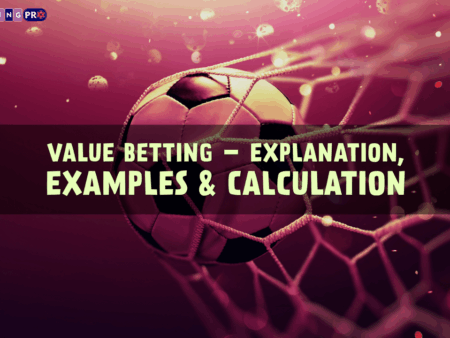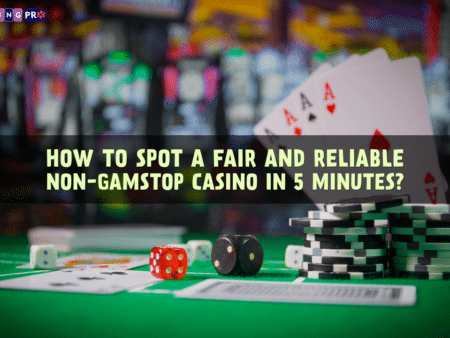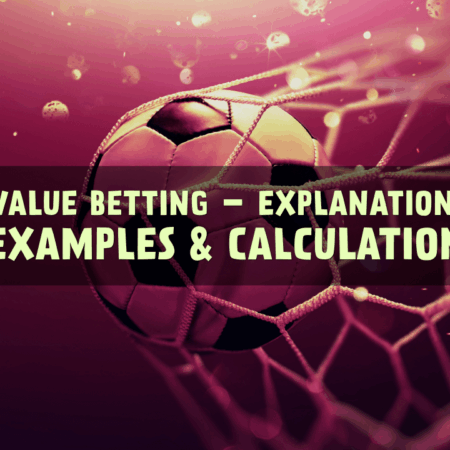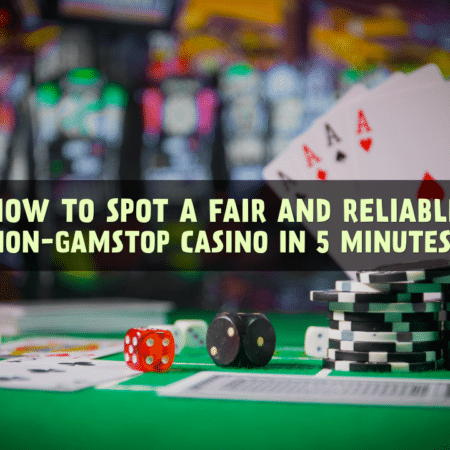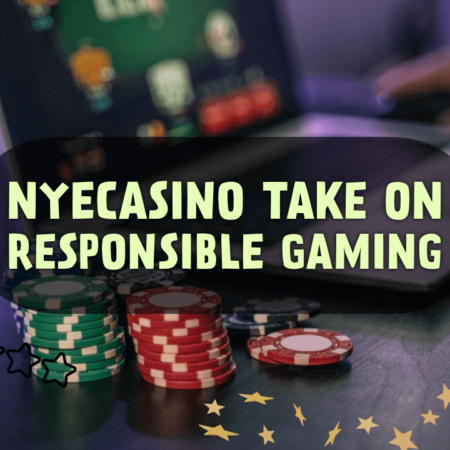
 Does Gambling Affect Mortgage Application UK
Does Gambling Affect Mortgage Application UK A borrower who gambles presents an increased risk to the loan he or she has taken out. Generally speaking, think about it from the lender's perspective, they're giving you thousands of dollars of depositors' money and they want to be sure they'll get it back. Therefore, someone who gambles regularly may be less able to pay their mortgage on time and so they may receive a higher interest rate and shorter loan period. However, it may go without problems at first and the person gets their loan like any normal person, but it depends on how strict the lenders are when it comes to non gamstop gambling and mortgages, and perhaps due to the uncertainty some people avoid applying at all.
We've answered all questions on this topic to help you make an informed decision about how to apply for a mortgage in the UK even if you gamble often.
Best Non Mortgage affected Casinos
⚠ Disclaimer
We disclose that we have an affiliate partnership with this casino. Our earnings are generated when visitors access the casino's website, create an account, and make deposits. It's important to emphasize that this affiliation does not influence the impartiality of our casino reviews or ratings.
Last updated: 7 June 2025
🚀 Fast Payments 👩🎤 Top Slots 🔒 Secure
What Is Mortgage?
The simple answer to the question “What is a mortgage?” is a loan to finance your home. The construction of a mortgage is not as simple as the principle. However, mortgages have become a lot simpler in recent years.
Interest-only mortgages, investment mortgages, and savings mortgages: are no longer provided these days. The financial risk you run as a home buyer has been limited as much as possible by making mortgage repayments mandatory.
Nowadays, anyone who takes out a mortgage still has two choices: a linear mortgage or an annuity mortgage.
They both serve the same purpose, namely: to pay off the loan for buying your house. The way this is done varies slightly and may affect which mortgage suits you best.
Every Mortgage Has Collateral
Anyone who takes out a mortgage gives the mortgage provider the right to collateral. In the case of a mortgage, the collateral is your house.
If you can no longer pay the mortgage, the provider has the right to sell the house and use the resulting money to pay off the mortgage.
The provider charges an interest rate for granting a mortgage.
This is the revenue model of the mortgage for the provider: as a buyer you pay back the borrowed amount in instalments, plus some interest.
The Linear Mortgage
A traditional form of mortgage that is still provided today is the linear mortgage.
This is the simplest mortgage, because of the way it is constructed.
Every mortgage that requires repayment (nowadays only mortgages where repayment is mandatory) has a monthly instalment that consists of part repayment and part interest.
With a linear mortgage, both parts are non-variable.
This means that you repay the same amount every month from the start and pay the same amount of interest. This makes the mortgage clear.
The large repayment part is also immediately attractive to a linear mortgage.
Home buyers who want to repay the maximum amount usually opt for a linear mortgage. However, a linear mortgage also entails high net monthly costs, because the interest portion you pay (and can deduct) is small.
The Annuity Mortgage
The annuity mortgage works in principle the same as the linear variant. However, the annuity mortgage always has the same gross monthly costs: the net monthly costs start low and increase as the mortgage is further repaid.
This is because the interest portion that you pay monthly is very high in the beginning and gradually decreases year after year.
Conversely, this also means that you pay relatively little in the beginning and as the years go by, the amount you repay monthly increases.
The gross costs remain the same, but the net costs change because the repayment/interest ratio changes.
Ultimately, both mortgages often have the same term: only the route to get there is different.
An annuity mortgage offers you a lot of tax benefits in the first few years.
When Can You Not Get a Mortgage?
Whether you can get a mortgage depends on many things.
Obvious things and also things that may require some explanation.
To give you a clear picture, we will discuss some common but also some lesser-known factors that can prevent you from getting a mortgage.
A Bank Has the Right to Refuse
It is good to know that a bank always has the freedom to refuse a mortgage application.
If the bank has doubts about your reliability or creditworthiness, for example, the bank can and will refuse to grant a mortgage.
In many cases, the bank will first offer you the opportunity to see whether you can meet the requirements, but it is often clear to the bank and then a “no” is really a no.
Your Income Is Insufficient
The basis on which most mortgage refusals are based is insufficient income.
It may be that you simply do not earn enough to take out the mortgage you want.
In that respect, the inability to take out a mortgage must sometimes be nuanced: it is often the case that people cannot get the desired mortgage amount, but that a lower amount is possible.
Insufficient Financial Security
It's not just the amount of your income that matters; the bank also looks at security.
If you do not yet have a permanent contract and no letter of intent, if you have irregular work or fluctuating income or if you have only been self-employed for a short time, these are grounds on which a bank can refuse to grant a mortgage.
Doubt & Mistrust
You may have sufficient income to obtain a mortgage, but the provider has doubts in other areas.
There can be many reasons for this: a negative registration, too high financial obligations, debts or loans, but also less obvious situations.
If you cannot explain your income, for example, this creates doubt and probably even distrust on the part of the bank.
Even if you earn your money by speculating (for example through gambling or gambling), the bank will not be inclined to approve a mortgage application.
Deliberate manipulation of data poses a major risk.
It has happened that people have been able to demonstrate a salary increase on paper. However, if it is suspected that this is only done to increase your chances of obtaining a mortgage, this is counterproductive. Ultimately, a bank wants as much certainty as possible.
Can a Lender Reject Your Mortgage Application Because of Casual Gambling?
You may be wondering; What happens if you bet small amounts here and there?
The good news is that gambling on casino games and betting on sports with small amounts of money will have absolutely no impact on your application. However, if your bank statements show a pattern of high-risk betting you may not be able to get your mortgage.
Banks will compare the level of gambling in relation to your income. So, small flutters that don't happen often or impact your finances may be accepted. So, if you're not sure whether the amount you're gambling on could prevent you from getting your mortgage application get in touch with your mortgage broker for a quick call.
Can Lenders Tell I've Gambled Too Much From My Bank Statements?
Yes, when you want to get a mortgage, lenders will want to see your bank statements for the past months to determine your ability to afford the loan.
Some lenders may ask for statements and proof of income for the previous year.
This is something you should keep in mind if you are applying for a mortgage soon.
From a bank statement, a lender can see an indication of gambling or overspending which could impact your mortgage application.
Can Professional Gamblers Get a Mortgage?
Gambling is a highly unpredictable and even those who earn a steady income from gambling can experience periods of volatility.
Lenders look at affordability and income when assessing a borrower's risk, and periods of low income can lead to concerns about how a borrower will repay their loans. In most cases, lenders will not recognize the income you get from gambling and will require a more stable and reliable source of income i.e. salary and passive income. However, this is not the end of the world as you can look for another lender that accepts gambling transactions.




